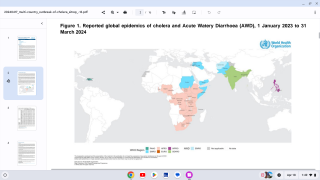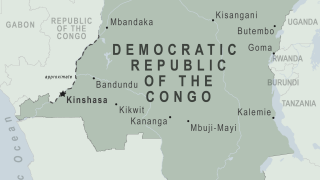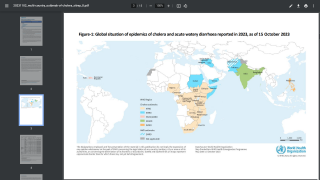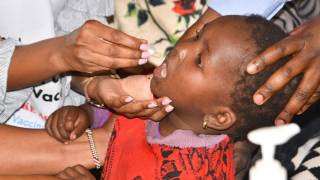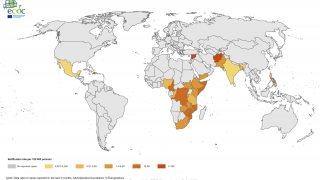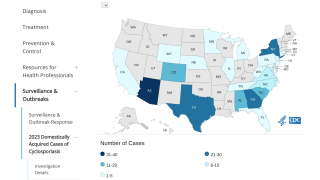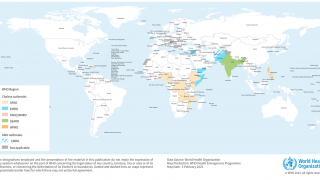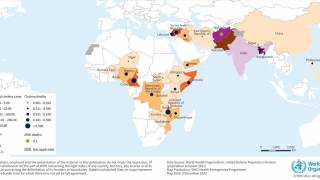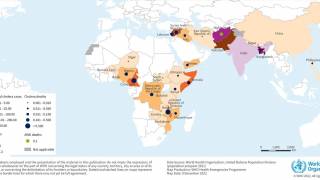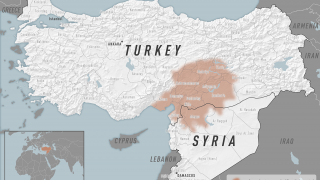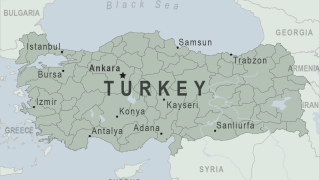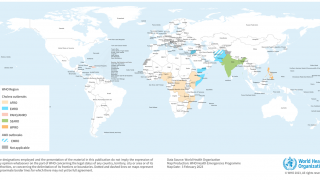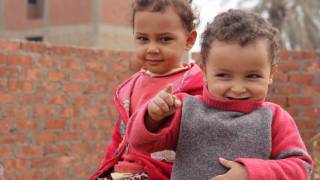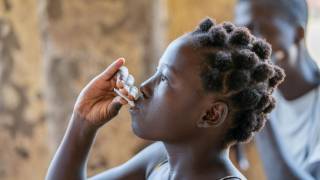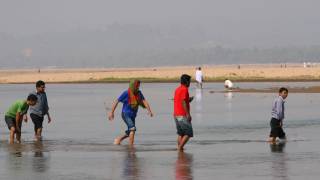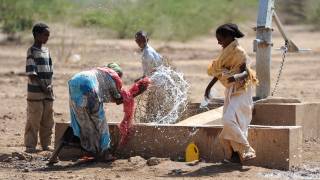Haiti's Latest Cholera Outbreak Subsides
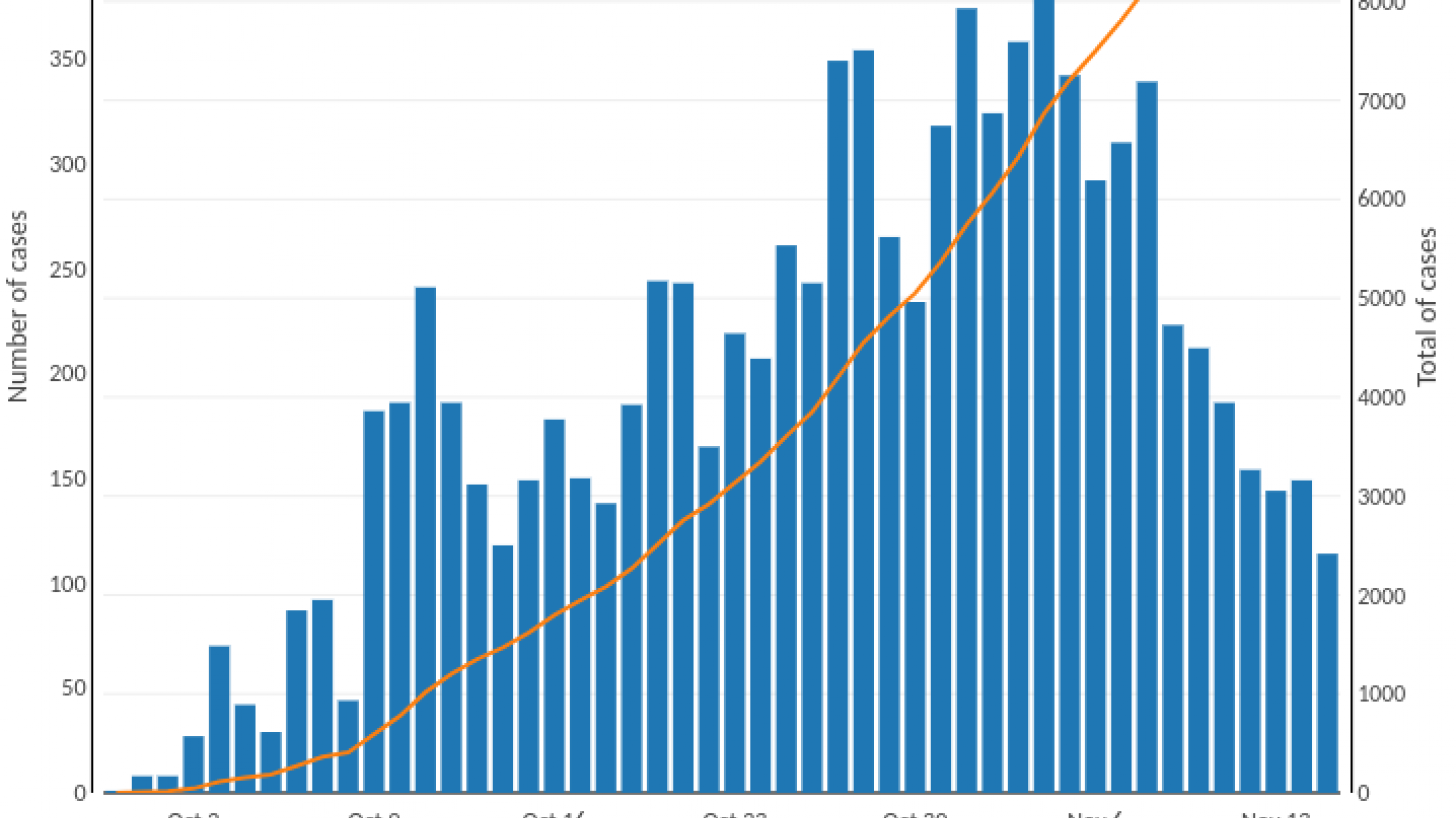
After more than three years without a reported cholera case in the Republic of Haiti, national authorities said a new outbreak began in October 2022.
According to the Pan American Health Organization (PAHO) Situation Report #6, cholera cases continue to spread, but at a reduced rate, to new areas of Haiti's capital.
As of November 15, 2022, the Department of Epidemiology, Laboratories, and Research confirmed 821 cases of Cholera across 27 municipalities.
The most affected communes in the Ouest department are Port-au-Prince, Delmas, Cité Soleil, and Carrefour.
Since this cholera outbreak began, 9,685 suspected cholera cases, including 188 related fatalities, were reported in nine of the ten departments of Haiti.
Fortunately, Hati's eastern neighbor on Hispanola, the Dominican Republic, has not been impacted by this cholera outbreak.
Hispaniola is located in the Greater Antilles archipelago of the Caribbean Sea, about a two-hour airplane trip from Miami, Florida.
There are currently three two-dose oral cholera vaccines (OCV): Dukoral®, Shanchol™, and Euvichol®.
Over 15 million doses of OCV have been administered in previous mass vaccination campaigns in areas facing outbreaks.
In the 19th century, Cholera spread worldwide from its original reservoir, in the Ganges delta in India. The pandemics that followed killed millions of people on all continents.
It is estimated that there are up to 4 million cases of Cholera annually and potentially 143,000 fatalities from the disease worldwide.
Cholera is an acute diarrheal infection caused by ingesting food or water contaminated with the bacillus Vibrio cholerae.
Cholera transmission is closely linked to inadequate access to clean water and sanitation facilities.
Typical high-risk areas include peri-urban slums, which have no basic infrastructure, or camps for refugees or displaced persons, where minimum drinking water and sanitation needs are not met.
The good news is Cholera is an easily treatable disease.
Rapid administration can cure most affected subjects with oral rehydration salts (ORS).
The standard sachet of WHO/UNICEF ORS is to be dissolved in 1 liter of drinking water. Up to 6 liters of ORS may be needed to treat moderate dehydration in an adult patient on the first day.
In addition to Cholera, cases of rabies in dogs have been reported in Haiti.
To prevent rabies, travelers should avoid all contact with dogs and cats (including puppies and kittens) while in Haiti, says the U.S. CDC.
Vax-Before-Travel publishes fact-checked, research-based information manually curated for mobile readers.
Our Trust Standards: Medical Advisory Committee




